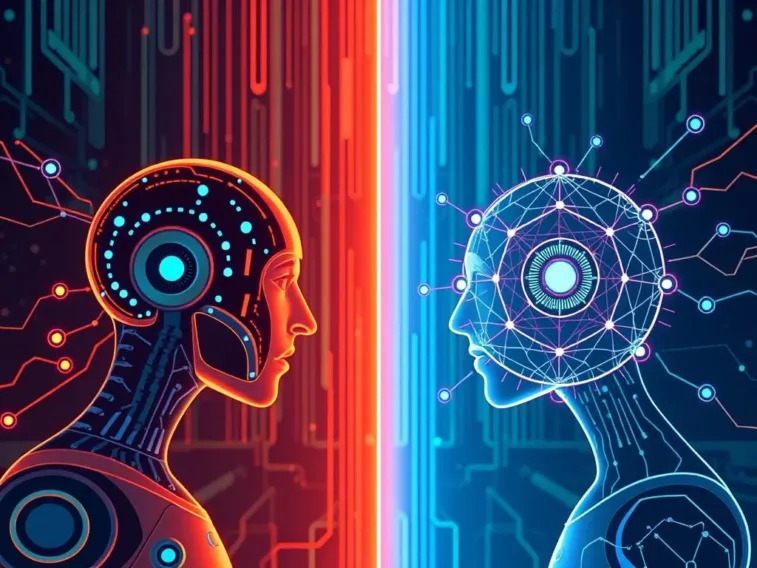A Guide to Centralisation vs Decentralisation of Authority
Explore the concepts of centralisation vs decentralisation of authority in organizational structures. Understand their definitions, advantages, disadvantages, and the factors … Continue Reading










